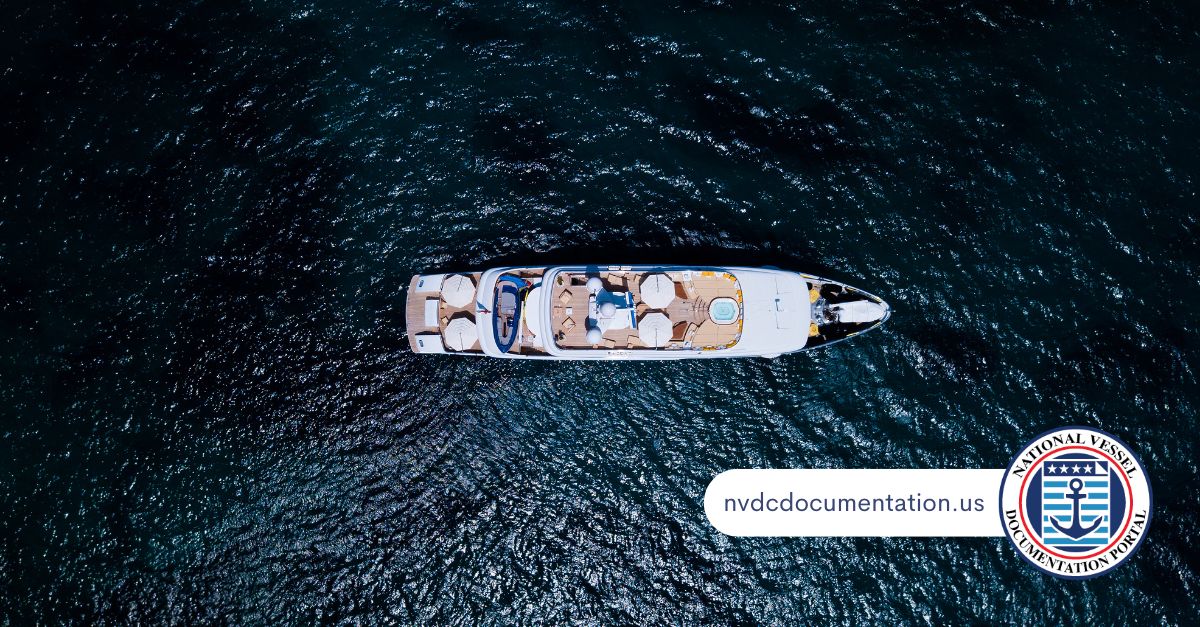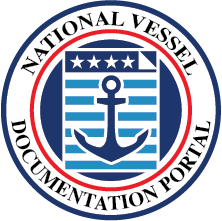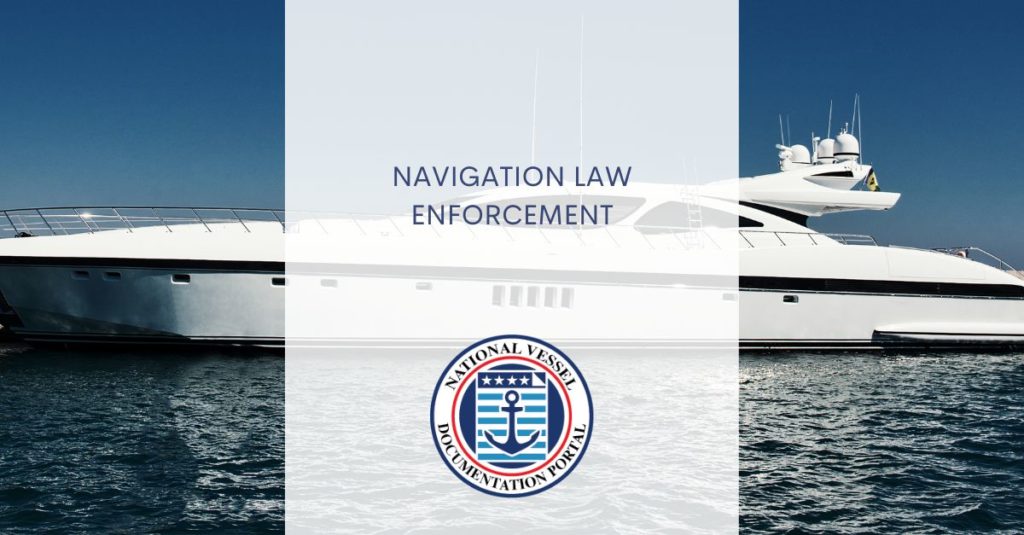According to the U.S. Coast Guard Boarding Policy, a vessel hailed by a Coast Guard vessel is required to heave to or maneuver as directed so as to permit a boarding team to come aboard. Other Federal, state or local maritime law enforcement officials may also board and examine the vessel.
The U.S. Coast Guard may impose a civil penalty for failure to comply with equipment requirements, failure to report a boating accident, and other matters of compliance with other federal regulations or navigation rules.
Negligent Operation regulations
Negligent or grossly-negligent operation of a vessel is prohibited by Federal law, as well as interfere with the safe operation of another vessel so as to endanger lives and or property. In these cases, the U.S. Coast Guard may impose a civil penalty when it comes to negligent operation. Grossly negligent operations are considered a criminal offense and an operator may receive an up to $5000 fine, 1 year of prison, or both.
Some actions that may constitute a negligent or grossly negligent operation are: operating a boat in a designated swimming area; excessive speed next to other boats or in regulated waters; hazardous water skiing or other water sport practices; bow riding or riding on seatback, gunwale or transom; or operating a boat under the influence of alcohol or drugs.
BUI (Boating Under the Influence)
It’s considered a federal offense to operate a vessel while intoxicated. The operator of a recreational boat cannot have a blood alcohol content of .08 (.10 in some states) or greater; if so, the operator is subject to a civil penalty not to exceed $1,000, a criminal penalty not to exceed $5,000, a one year imprisonment or both.
Those who are cited by the Coast Guard may also be cited by other state or local law enforcement officials. Depending on each state, penalties may vary and could include arrest, fines and/or loss of motor vehicle driving privileges.
Termination of use
Termination for unsafe use may be imposed for insufficient life-saving devices, insufficient fire extinguishers, overloaded vessels, improper display of navigation lights, improper ventilation of fuel tanks and engine spaces, fuel leak or accumulation of fuel in the bilges, inadequate backfire flame control, operating in regulated boating areas during predetermined adverse conditions or manifestly unsafe traveling.
Those operators who refuse to comply with the directions of a U.S. Coast Guard Boarding Officer to terminate the unsafe use of a recreational vessel can be cited for failure to comply with the boarding officers’s instructions. The operator may receive a fine of up to $1,000 or jail time.


